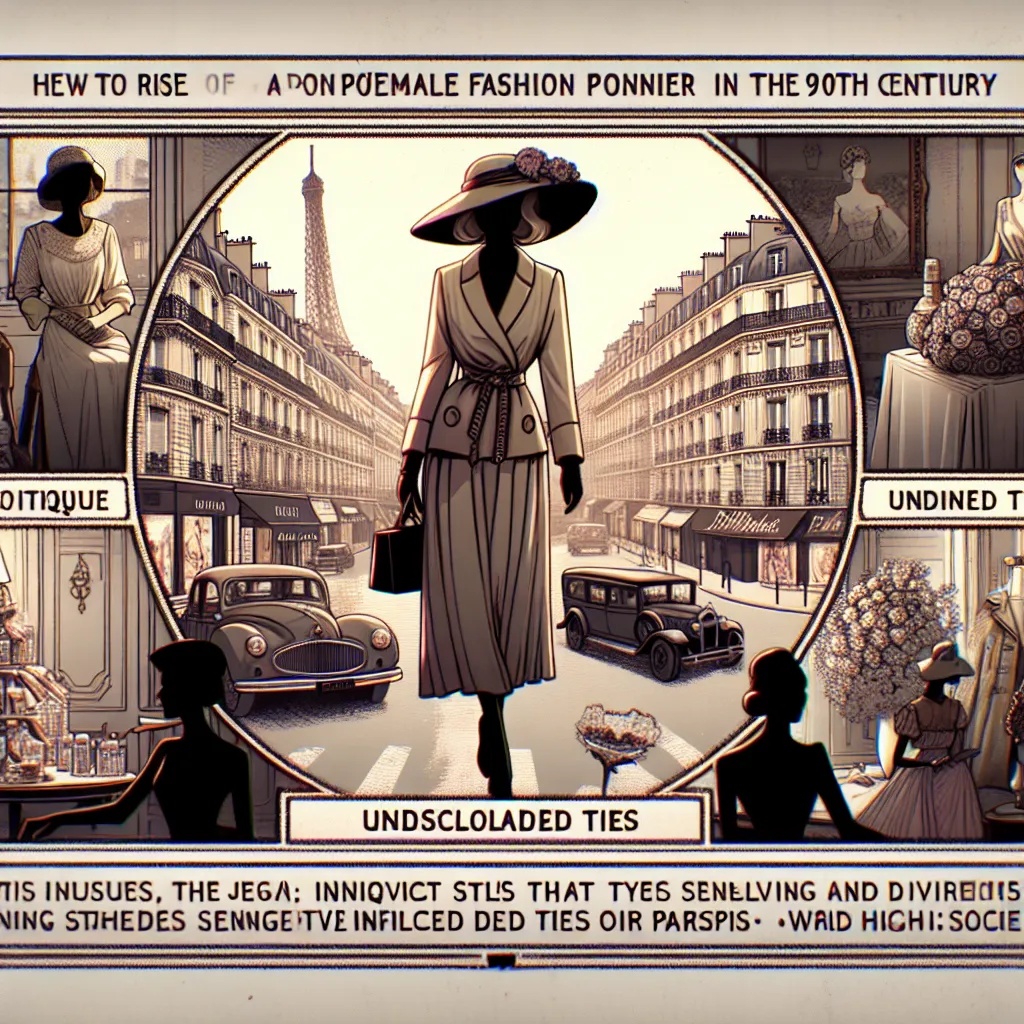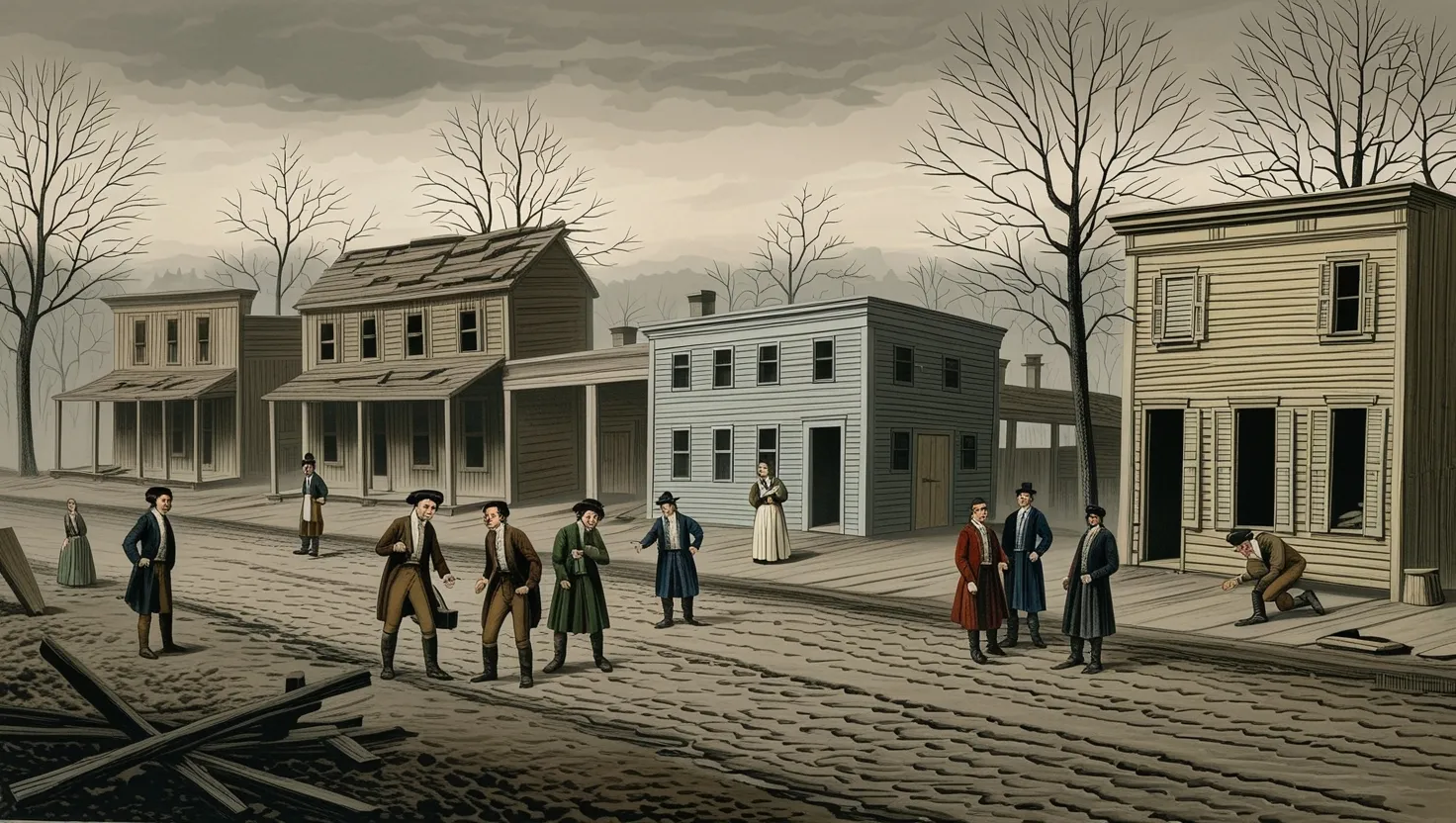Gabrielle “Coco” Chanel is famously known as a pioneer of French high fashion, but her history is darker than most people realize. Chanel wasn’t just mingling with royalty and celebrities; she also had ties with the Third Reich, which is often overlooked.
Chanel’s journey to becoming a fashion icon started from humble beginnings. Born in a poor household in France in 1883, she was sent to an orphanage after her mother died when she was 12. It was there that Chanel learned to sew, a skill that would take her far. After aging out of the orphanage, she worked as a seamstress and sang on the side to make ends meet.
Her charm and good looks quickly attracted a wealthy patron, Etienne Balsan, who introduced her to the upper classes of Paris. By the age of 23, she was his mistress and soon began an affair with his friend, an English aristocrat. These relationships helped fund her first fashion boutique in Paris in 1910. Chanel’s stylish hats and dresses drew elite clients, and her reputation grew.
The launch of Chanel No. 5 in 1921 catapulted her to international fame. However, expanding her business globally required more capital than her wealthy friends could offer. She turned to Pierre Wertheimer, a Jewish businessman who co-founded Parfums Chanel with her. Despite her success, Chanel harbored deep anti-Semitic views and resented Wertheimer’s large stake in the company.
Chanel’s chance to reclaim full control of her company came when the Germans occupied Paris in 1940. She saw an opportunity in the Nazi policy of Aryanization and closed her stores, moving into the Hotel Ritz, which housed many German officials. There, she met Baron Hans Gunther von Dincklage, a German spy, and quickly became involved with him.
In 1941, Chanel officially joined the German effort, becoming Agent F-7124, codenamed ‘Westminster’. Her missions included gathering intelligence under the pretense of business trips. She hoped that aiding the Nazis would help her regain control over Parfums Chanel. However, Wertheimer had already safeguarded his interests by transferring his stake to a Christian friend and fleeing to America.
Chanel’s espionage efforts were ultimately unsuccessful. As the Allies began to turn the tide of the war, she even attempted to negotiate a surrender in 1944, but her mission failed. After the liberation of Paris, Chanel fled to Switzerland with Dincklage. Unlike many accused collaborators, Chanel was never charged with treason, allegedly due to intervention by Winston Churchill.
Post-war, Chanel’s attempts to sue Wertheimer failed, but they eventually reached an agreement where she retained a small stake in the company and received financial support for life. She returned to the fashion world in 1954, and upon her death in 1971, the Wertheimers took full ownership of the Chanel brand.
Chanel’s collaboration with the Nazis remains a shadow over her legacy, one that is often omitted from the brand’s history.






